The Council has approved converting several tennis courts to pickleball courts at the La Cienega Tennis Center and Roxbury Park, responding to the sport’s growing popularity while tackling resident complaints about noise and court overuse issues raised during a special study session on August 5, 2025.
The council directed staff to convert tennis courts 7, 8, and 12 at La Cienega Tennis Center and court 1 at Roxbury Park into dedicated pickleball courts. This follows a pilot program showing pickleball reservations nearly matching tennis bookings, reflecting high demand.
"If we go with staff recommendations, we will have essentially on my count 16 tennis courts and 16 pickleball courts."
said Council Member Craig Corman, acknowledging the balanced demand.
Public comments highlighted tensions between pickleball’s social appeal and its disruptions. One resident praised pickleball for building community, particularly among seniors, while another expressed concerns about noise affecting nearby homes, suggesting separate facilities for tennis and pickleball.
"Tennis is a quiet sport and pickleball is a noisy sport."
noted Mayor Nazarian, emphasizing the need to address noise impacts.
To manage overcrowding, staff proposed limiting pickleball courts to five players each, reducing large meet-up groups that have frustrated tennis players and residents. A new $5 per-player fee for pickleball, compared to the current $10 per-hour court fee for residents ($14 for non-residents), aims to curb group sizes and boost revenue, potentially reaching $25 per hour per court. Annual membership fees remain $15 for residents and $24 for non-residents.
Noise mitigation was a focal point. The council explored sound blankets for courts near residential areas, like La Cienega’s courts 15 and 16, but structural concerns and heat buildup paused this idea.
"I’m just thinking that two fences if they could be structurally made stronger, put a sound barrier there, that would solve a problem."
Corman suggested, urging further study. Staff was also directed to investigate quiet paddles, potentially offered through rentals or partnerships, to reduce the sport’s distinctive “thwack” sound.
Enforcement emerged as critical, with new software enabling on-site registration and tracking of rule violators. Meet-up groups charging fees for court access will face stricter oversight, with a code of conduct required for all players.
"I would make it very clear that meet-up groups are not allowed to use our facility to profiteer."
said Vice Mayor John Mirisch, stressing fair access.
The council also considered broader access through a joint powers agreement with the local school district, which could add six tennis courts at Beverly Hills High School, potentially easing capacity constraints. These courts, offline during recent construction, are expected to reopen this school year. Staff was tasked with exploring pickleball lines on these courts for public use.
Concerns about private pickleball courts in residential areas prompted calls for a noise ordinance. Mayor Nazarian proposed reviewing regulations to address conversions of private tennis courts into multiple pickleball courts, which amplify noise and activity.
"I think as a city we need to look at noise ordinance for our residential areas because pickleball courts are... a different kind of sound."
Beverly Hills’ move reflects a broader trend of adapting public spaces to pickleball’s rise while balancing community harmony. The council’s focus on enforcement, noise reduction, and equitable access aims to ensure the city’s recreational facilities serve both residents and visitors effectively.


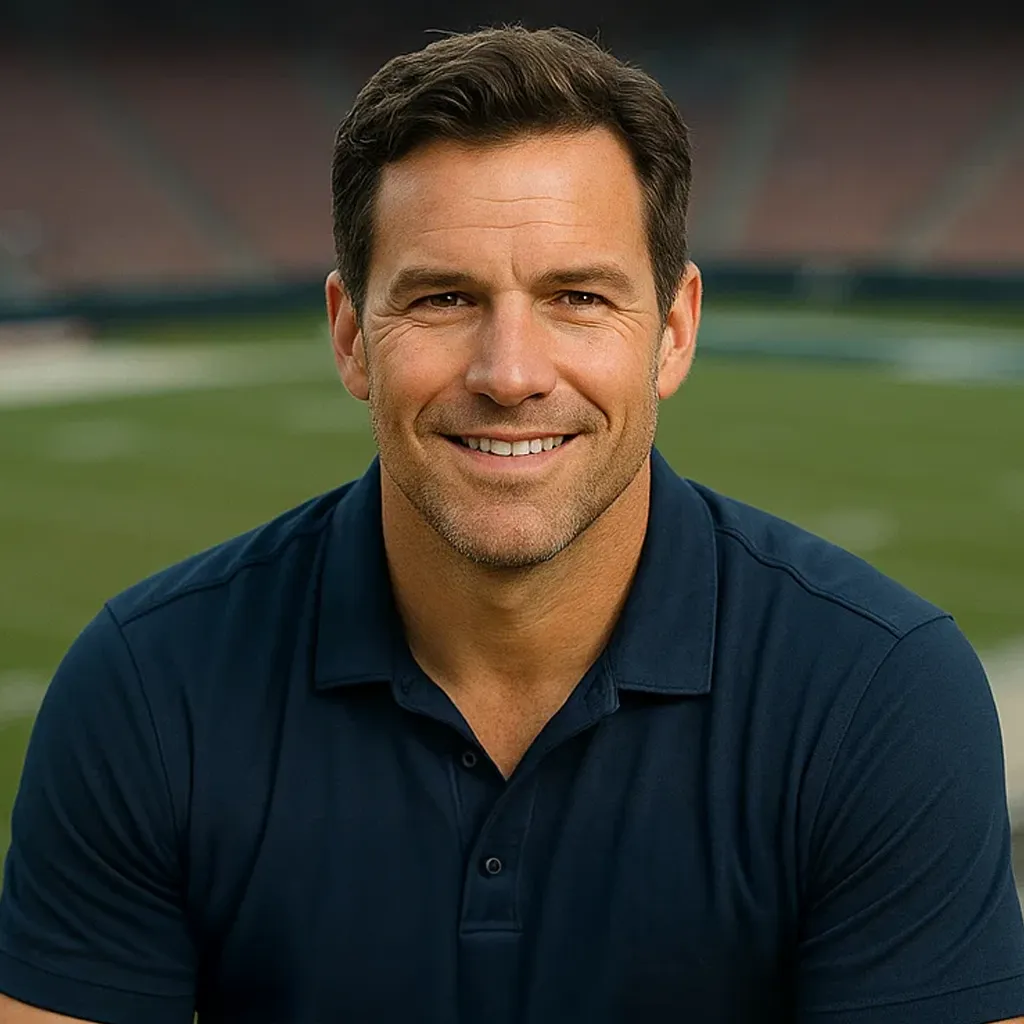
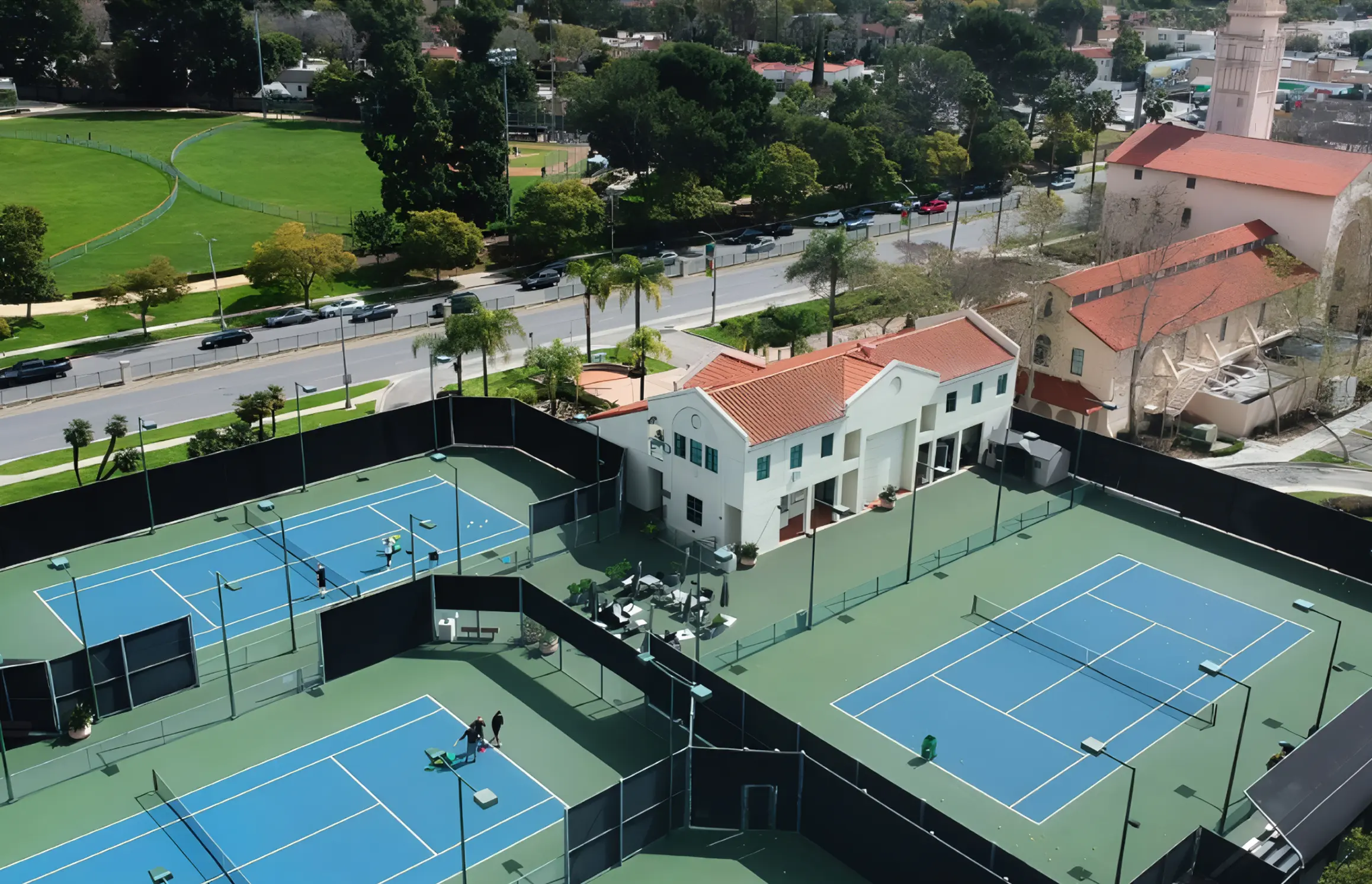
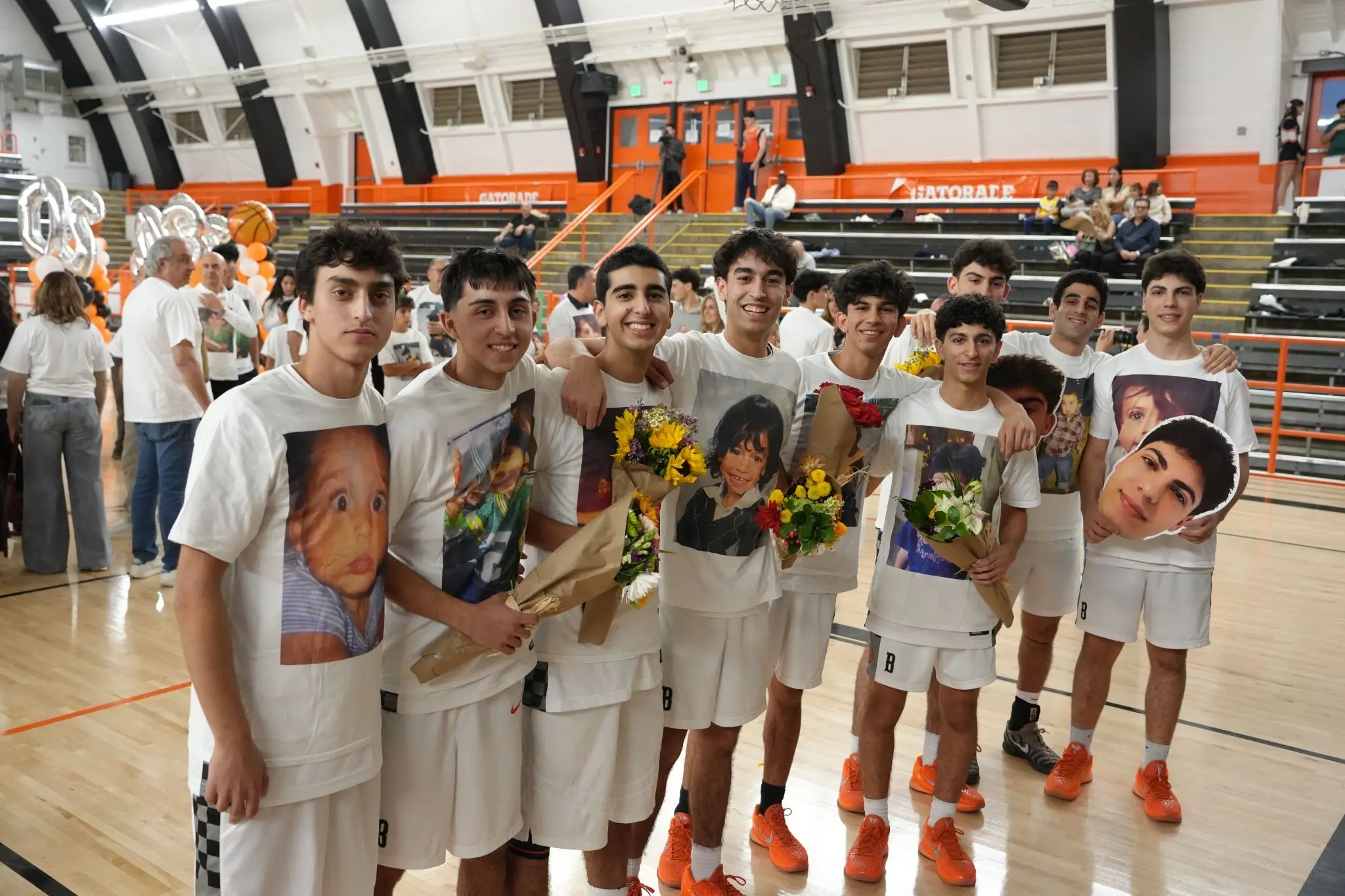
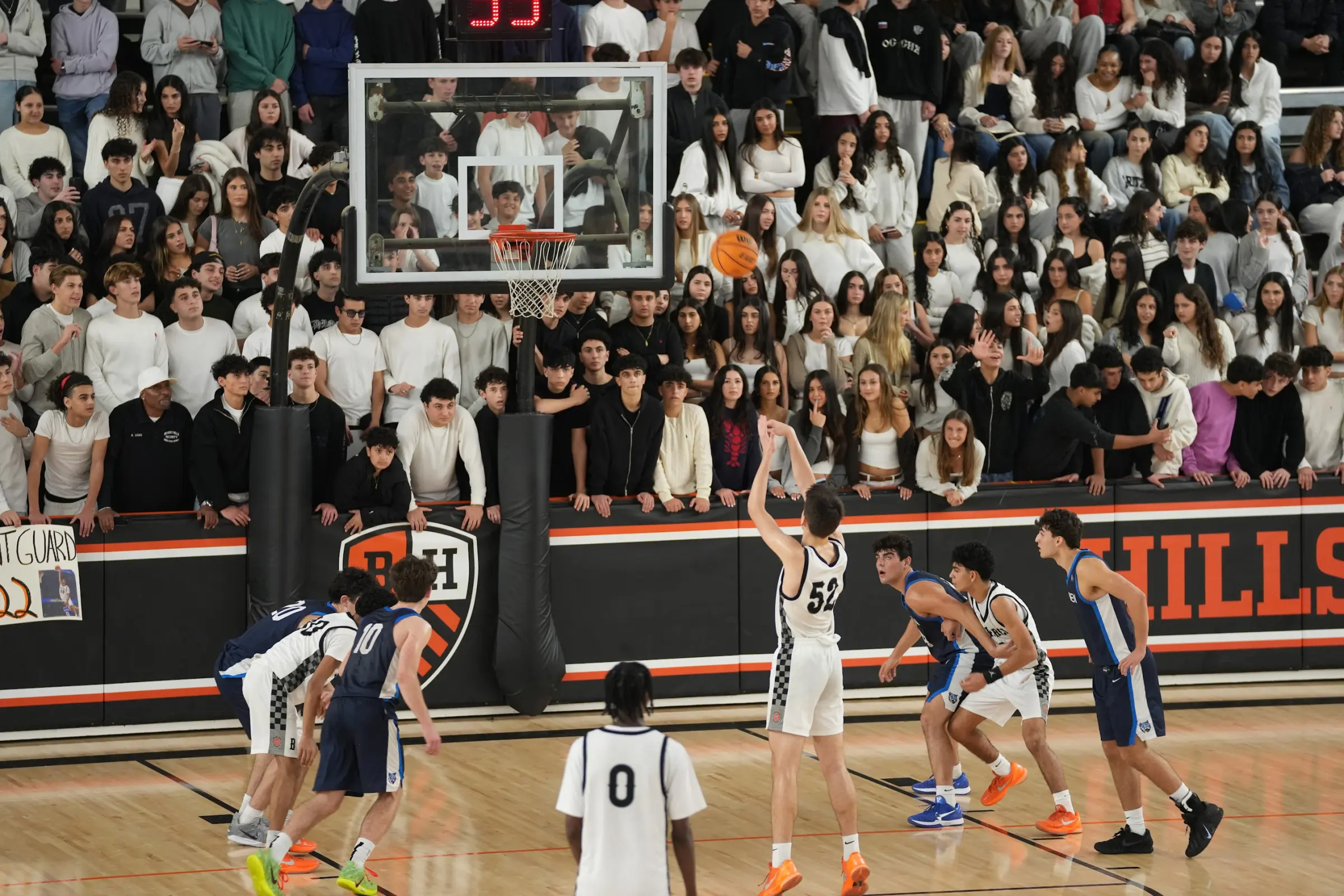
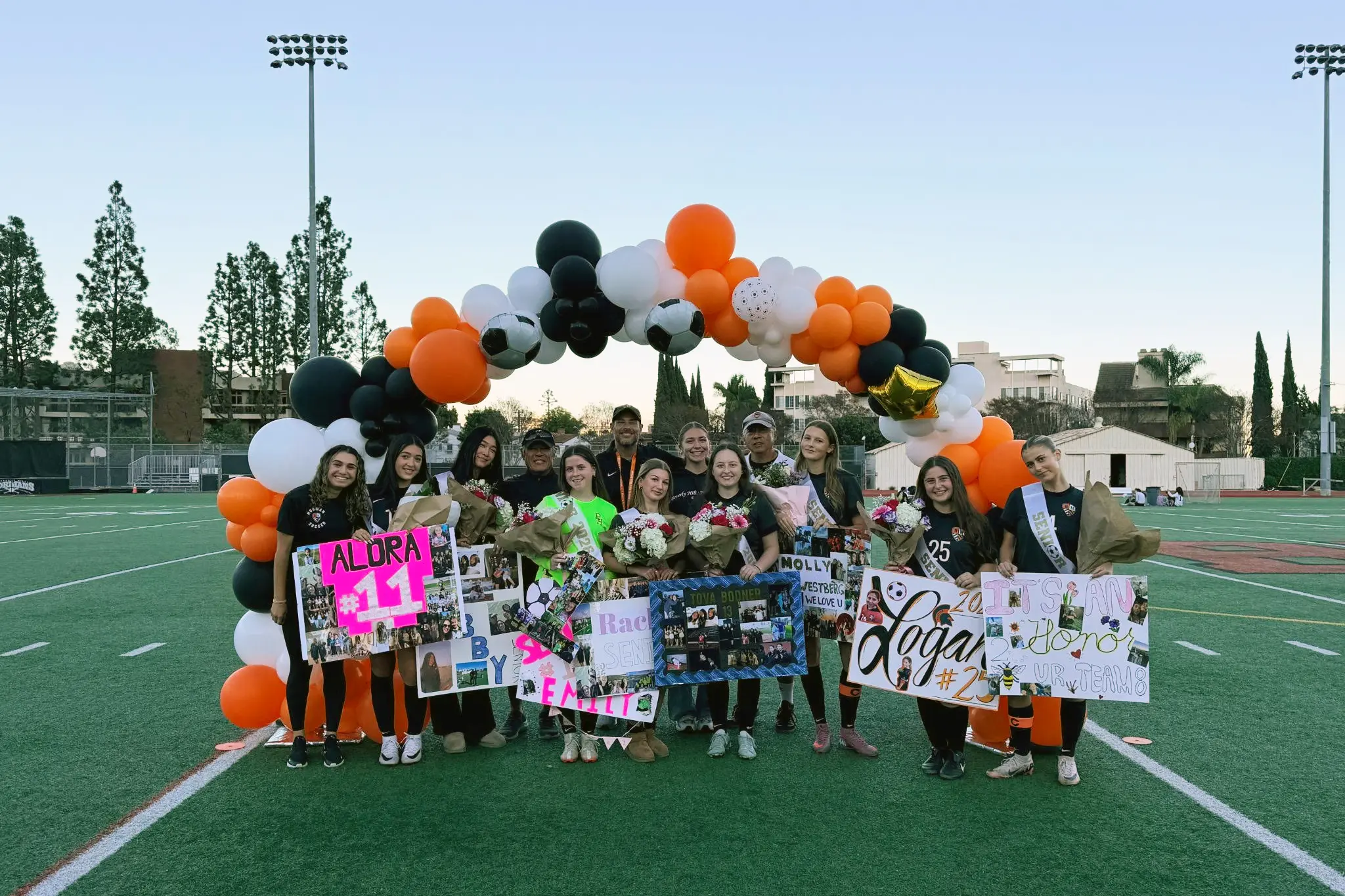

Join the Conversation
Comments are available exclusively for registered subscribers. Sign up to read comments and share your thoughts on this article.
Get access to exclusive content, breaking news, and community discussions.